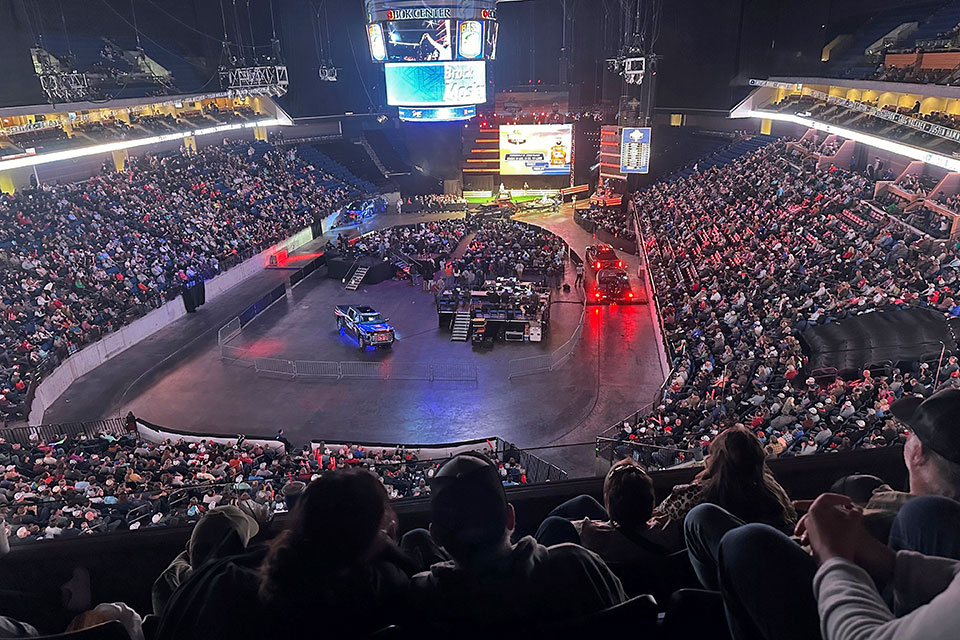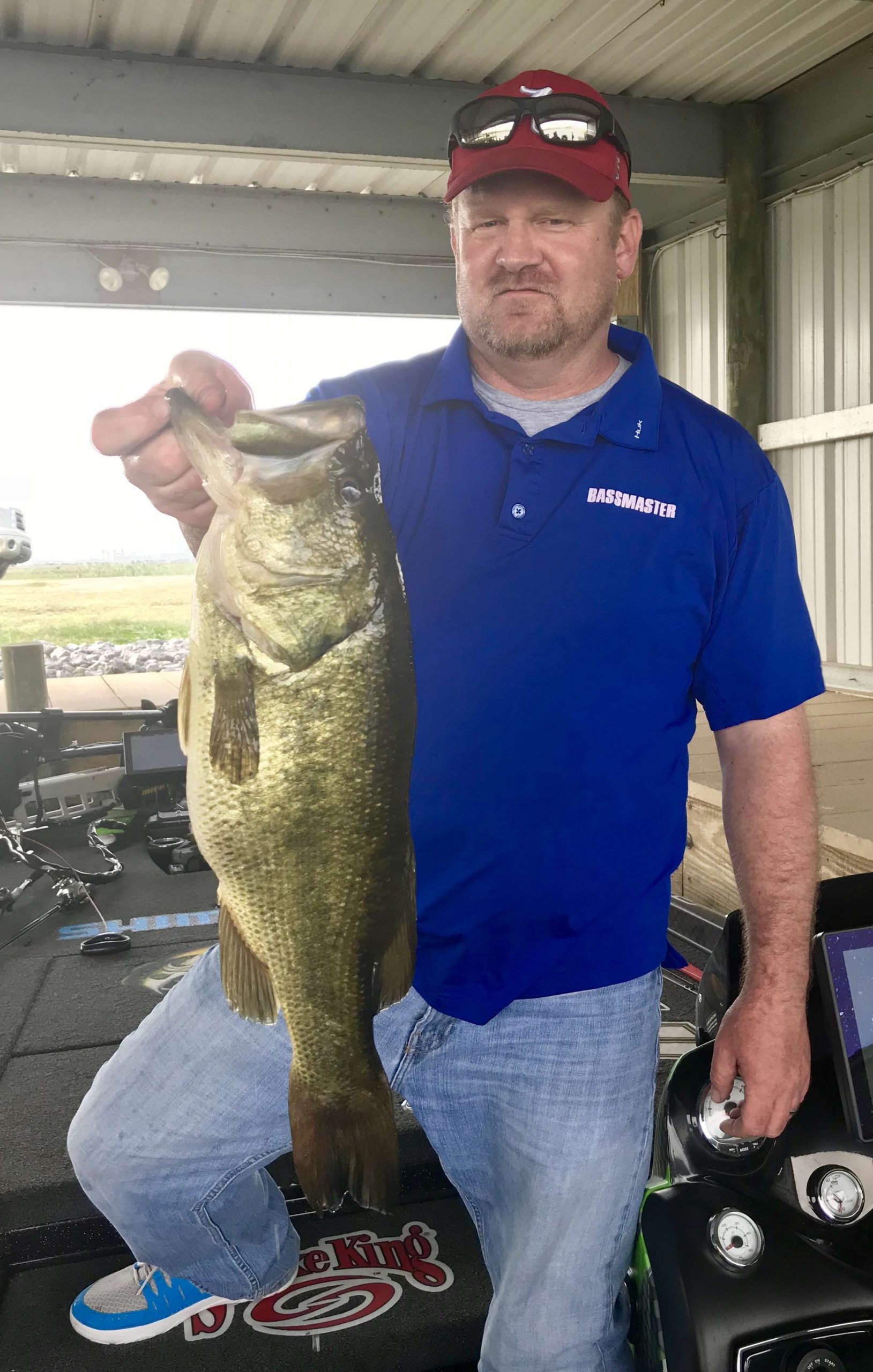
Back in 2019, when the professional bass fishing industry exploded into chaos, I was fully prepared to go down with the ship.
I’ve covered a little bit of everything during my career as a journalist — and no matter what I was focusing on at the moment, the one thing you could always count on from me was the cold, hard truth.
Controversy was my friend.
So, with people choosing sides throughout the industry, I was frothing at the mouth to defend the organization I had come to love and depended on for my livelihood.
Then came the decree from the smart people who ran this organization: B.A.S.S. would be taking the high road.
Brilliant folks like Bruce Akin and Don Logan announced we wouldn’t be attacking our competition or taking pot shots at others’ failures. We’d just be doing our thing like we’d always done and operating with something referred to within these walls as “B.A.S.S. class.”
If I was frothing at the mouth before that decree, I was about to burst a blood vessel after it.
My instinct wasn’t to play nice. It was to launch the first strike and then hit with the second strike quickly enough that it rubbed salt in the wound I had opened.
But the folks who ran the show here said no — and five years later, there’s absolutely no doubt it was the best career advice I’ve ever received.
I actually realized it was a good plan much earlier than that.
During the 2019 Bassmaster Classic in Knoxville — the most awkward event I’ve ever covered because it featured numerous anglers who’d already announced their exits from B.A.S.S. for “greener” pastures — I walked the Outdoors Expo floor and was reminded of how much B.A.S.S. was still loved.
I didn’t have to write columns about B.A.S.S. being betrayed by the anglers whose careers it had helped build. That was already the overwhelming chatter among the fans who still packed the Outdoors Expo sporting B.A.S.S. shields on their clothing.
By the time we got to ICAST four months later, it was clear we didn’t have to knock anyone down because our product stood above the rest all on its own.
Then came 2020 and the global pandemic known as COVID-19.
By some miracle, we were able to get the Classic in just days before the country quite literally shut down. We postponed a major portion of our spring season — and when we resumed, partly because we were the only game in town, the fishing world put us on a pedestal.
Live footage on ESPN led to regular live footage on FS1 and live coverage for the Classic on the main FOX network. Sponsors who had stepped away began trickling back, as did anglers who realized they had already been in the greener pasture all along.
Today, B.A.S.S. is thriving with young minds like CEO Chase Anderson and Executive Vice President Phillip Johnson at the helm. We also have a reinvigorated roster of tournament directors and some of the hardest workers I’ve ever known occupying desks from one end of the building to the other.
Looking back now, I wonder if all of these great things would have happened if we had approached the situation with the venom I was ready to spew.
What would B.A.S.S. look like if our regular columns had been occupied solely by hate and vindictiveness instead of artful commentary and the constant push to take someone you love fishing?
Where would B.A.S.S. be now if I had given people reasons to label us as the bad guys instead of the steadying force of the industry, constantly looking for new ways to get people on the water — whether it be for competition or for the plain, old love of the sport?
Thankfully, I’ll never have to explore those questions too deeply.
And while I still have venom stored for when the situation dictates, I’ll never underestimate the value of the high road again.





